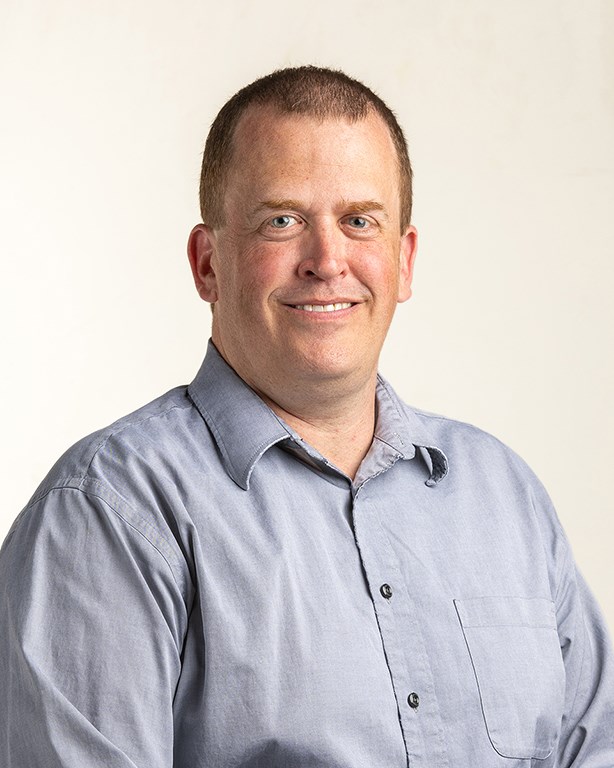Whether we like it or not, there’s going to be a federal election next month.
Canada’s new Governor General Mary Simon has granted Justin Trudeau’s wish to have a snap federal election on Sept. 20, sending the federal parties into election mode, and forcing an election on the people of Canada, even if very few of us want one.
I’m an election nerd. Many newspeople are. I love pouring over the numbers and making predictions. I enjoy listening to the thoughts of the different party leaders and candidates, and having informed and insightful debates on the issues.
So when I say that I’m not keen on this election, you have to wonder what the bulk of Canadians think.
There’s likely only a handful of Canadians who want one.
This comes down to Justin Trudeau seeing an opportunity to bump his government up from a minority to a majority. Poll results of late have been favourable for him. Erin O’Toole hasn’t resonated with the majority of Canadians, and the Conservative Party’s support levels are down.
And you have to remember that campaigning is Trudeau’s forte. For all his failings from policy, ethics, conduct and budgeting perspectives, he’s at his best when he’s out among the public, shaking hands and interacting with people, and participating in town halls and debates.
It will be interesting to see how he handles being the front-runner for the first time in his career.
Many believe he’ll get the majority government he craves, but it’s far from a guarantee.
He’ll have to pick up seats in Quebec, but that won’t be easy, because the Bloc Quebecois is stronger than it’s been in years. We saw in the last federal election two years ago that they have a strong leader Yves-Francois Blanchet who has helped bring the party back from record low support.
Outside of Quebec, he’ll have to contend with an uptick in support for the New Democratic Party.
As for the Tories, you have to wonder how much their “price on pollution” is a factor in their sagging popularity. In an effort to gain votes and seats in urban areas, they introduce the pollution price scheme, which is popular in urban areas but not in rural ridings.
But they have such a large cushion in those rural areas that they can lose a chunk of their support, and still win those ridings.
Climate change will be a hot-button issue in this election. We might not like the concept of a carbon tax, a price on pollution or similar concepts, but it’s likely going to be tougher for the Tories to be elected in the future without such a scheme than with one.
Election results from elsewhere in Canada during the pandemic, have favoured the incumbent government. In British Columbia and New Brunswick, the premiers of those two provinces had minority governments, triggered a snap election, and were rewarded with majorities.
And we saw in Saskatchewan a scheduled election that happened last fall in which the governing Saskatchewan Party was able to win another landslide majority.
In a lot of ways, what Trudeau has done is similar to 2008, when former prime minister Stephen Harper forced an election to win a majority government, even though we were just entering the Great Recession, and there were more pressing issues facing Canada than a ploy to get a majority.
And it frustrates me when governments turn their backs on fixed election dates. You know when there’s going to be an election, and the parties have a chance to prepare for it. The government has an incumbent’s advantage as it is; they shouldn’t be able to stack the deck any further by calling an election when they see fit.
Sure, we knew from the start of this year there would likely be a federal election. Minority governments tend to have a shelf life of 18-24 months. But the election call should only happen when the government loses a confidence motion.
And there shouldn’t be a snap election in the midst of a pandemic, when COVID-19 case counts are rising throughout the country. There shouldn’t be an election campaign in the summer, when people aren’t thinking politics. And there shouldn’t be a snap election when Canada has other pressing issues to deal with.
Hopefully Canadians won’t allow Trudeau to forget this effort to get a majority when it comes time to cast a ballot next month.


